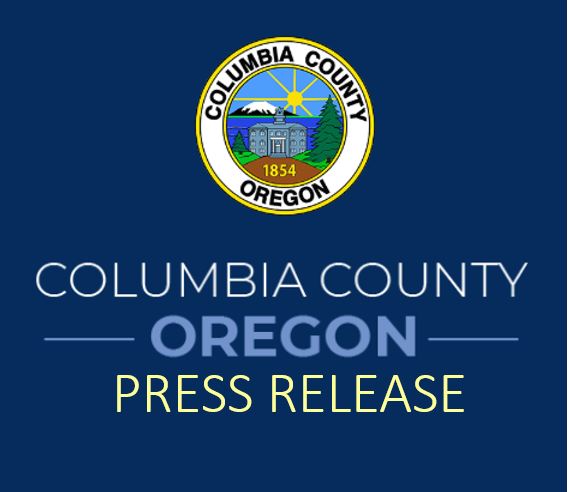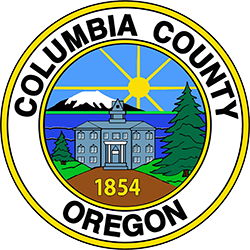Published on July 30, 2022

Columbia County Public Health announced the first confirmed case of monkeypox in the county. The person, a Columbia County resident, did not require hospitalization and is isolating at home.
Monkeypox is a potentially serious viral illness that typically involves flu-like symptoms, swelling of the lymph nodes, and a rash that includes bumps that are initially filled with fluid before scabbing over. Illness could be confused with a sexually transmitted infection like syphilis or herpes, or the varicella zoster virus (chickenpox). Most infections last two to four weeks.
"We’ve been preparing for monkeypox because we’ve watched nearby states and counties announce confirmed cases of monkeypox," said Dr. Joe Skariah, Columbia County Public Health Officer, "and we’ve seen cases rising across the U.S. It’s unlikely that this will lead to a large outbreak locally, but we want health care providers and the public to be aware, and for providers to consider this in people who have a rash or skin lesion that looks like monkeypox."
Columbia County completed contract tracing to identify other individuals who have been exposed. To date, no one who was exposed is considered a confirmed case. Columbia County Public Health will not release the names or further identifying information of any resident who tests positive, unless more details are necessary to protect the public. "County staff will continue to collaborate with health care providers, the Oregon Health Authority, and other jurisdictions to identify exposed individuals and to provide appropriate recommendations and health information," Public Health Director Michael Paul said.
Depending on the situation, people who had close or intimate exposure to a person with monkeypox might be advised to get a vaccine for monkeypox. Local health departments, the Oregon Health Authority, and the Centers for Prevention and Disease Control (CDC) are coordinating to provide vaccines to exposed contacts who choose to receive them. However, vaccines to prevent monkeypox are not recommended to the public.
Monkeypox usually spreads from person to person through close, often skin-to-skin contact, including direct contact with a rash, sores, or scabs from a person infected with the virus. To prevent the spread of the virus:
- Avoid skin-to-skin contact such as through sex or other intimate contact if you or your partner have new skin lesions, fever, swollen lymph nodes, or otherwise suspect you may have been exposed to the virus. Condoms do not prevent the spread of the virus (but do prevent the spread of other infections).
- Wear gloves when handling materials such as bedding that someone with the virus has used.
- Wash your hands thoroughly if you have contact with someone with hMPXV.
- If you have symptoms, stay home until you can connect with a healthcare provider.
People who may have symptoms of monkeypox should contact their healthcare provider. Before the visit, they should notify their healthcare provider that they are concerned about monkeypox and whether they recently had close contact with somoene who had a similar rash or somoene who has been diagnosed with monkeypox.
More resources
World Health Organization - Monkeypox
2022 United States Monkeypox Case - (CDC)

